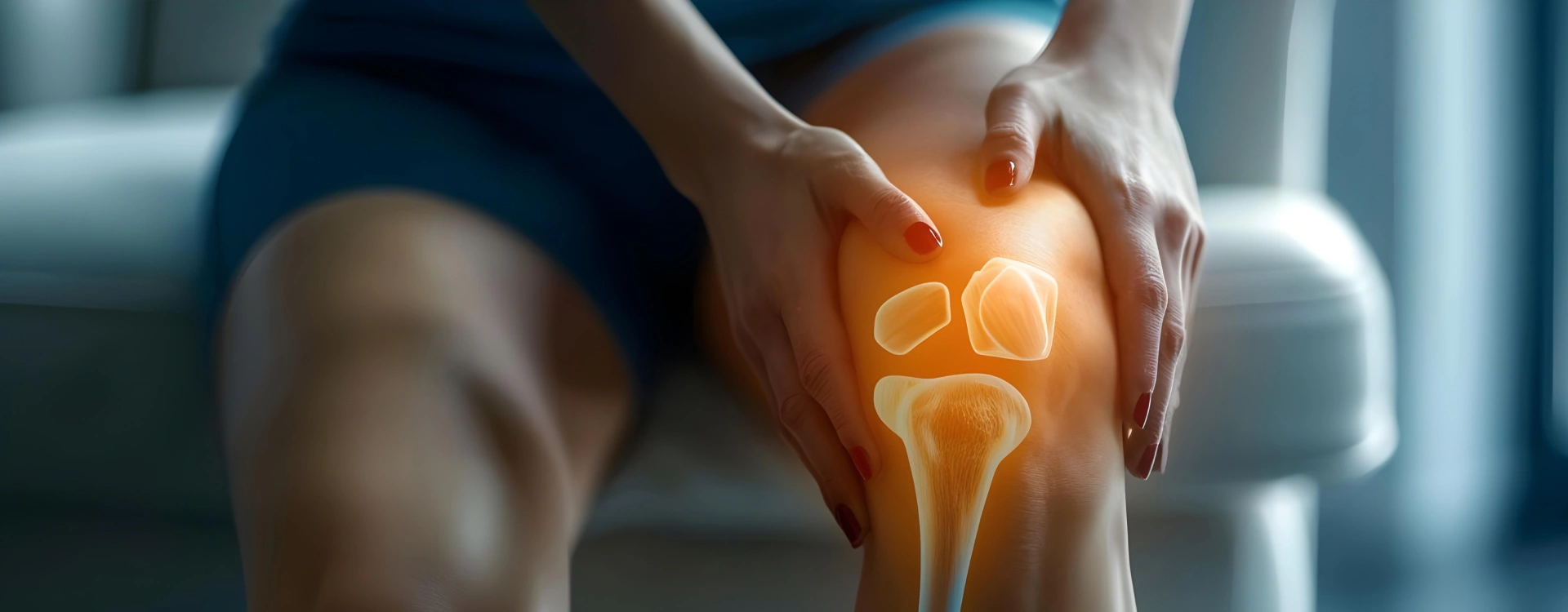Best Osteoarthritis Treatment in Gurugram

Osteoarthritis is a degenerative joint condition that causes pain, stiffness, and reduced mobility. It commonly affects the knees, hips, spine, and hands, making everyday activities like walking, climbing stairs, or gripping objects increasingly difficult. Over time, untreated osteoarthritis can lead to chronic pain, joint inflammation, and cartilage deterioration, affecting mobility and quality of life.
At Painflame, we provide specialized osteoarthritis treatment in Gurugram, offering non-surgical, drug-free therapies such as physiotherapy, chiropractic care, manual therapy, and rehabilitation exercises. Our approach focuses on relieving pain, restoring joint mobility, and improving long-term joint health to help you stay active and pain-free.
Rather than relying on painkillers for temporary relief, our evidence-based treatments help reduce inflammation, strengthen joints, and slow cartilage degeneration. Whether you suffer from knee osteoarthritis, hip osteoarthritis, or other degenerative joint conditions, our personalized treatment plans address the root cause, promoting natural healing and long-term relief.
What Causes Osteoarthritis?
Muscle Weakness & Joint Instability
Weak muscles fail to support joints properly, causing strain, misalignment, and instability. This increases stress on cartilage, leading to faster wear, stiffness, pain, and reduced mobility.
Previous Joint Injuries & Overuse
Old injuries, fractures, or repetitive strain from sports, work, or poor posture can weaken cartilage, increase joint stress, and cause inflammation, accelerating osteoarthritis progression over time.
Obesity & Excess Joint Load
Excess body weight puts additional pressure on weight-bearing joints like the knees and hips. This leads to faster cartilage wear, increased inflammation, joint stiffness, and worsening osteoarthritis pain.
Inflammation & Poor Joint Health
Chronic inflammation from a poor diet, metabolic disorders, or autoimmune conditions leads to joint swelling, stiffness, and cartilage degeneration, worsening osteoarthritis and limiting mobility.
Signs You Need Osteoarthritis Treatment
Persistent Joint Pain
Ongoing pain in the knees, hips, hands, or spine that worsens with activity or after prolonged rest may indicate osteoarthritis. Early treatment can slow progression and relieve discomfort.
Joint Stiffness & Reduced Flexibility
Difficulty bending, standing, or moving after waking up or sitting for long periods can be a sign of joint degeneration and stiffness.
Cracking or Grinding Sensation
If you experience grating, clicking, or grinding sounds when moving a joint, it may indicate cartilage damage and joint friction.
Swelling & Joint Tenderness
Inflamed joints may feel warm, swollen, and tender to touch, making everyday movements painful and uncomfortable.


Non-Surgical Solutions for Osteoarthritis Relief
Physiotherapy & Strength Training
Physiotherapy improves joint flexibility, muscle strength, and mobility, essential for managing osteoarthritis. Targeted strengthening exercises help reduce joint strain, enhance movement efficiency, relieve pain, and prevent further cartilage degeneration, improving daily function.
Chiropractic Adjustments & Joint Realignment
Chiropractic care corrects joint misalignments, improves mobility, and reduces stiffness in osteoarthritic joints. Spinal adjustments help alleviate nerve compression, reduce inflammation, and restore movement efficiency, making it easier to walk, bend, and perform daily activities without discomfort.
Manual Therapy & Myofascial Release
Hands-on therapies like deep tissue massage, joint mobilization, and myofascial release help relieve muscle tension, reduce inflammation, and ease joint stiffness. These techniques enhance blood circulation, promote healing, and restore flexibility, improving overall joint function and mobility.
Strengthening & Preventing Future Joint Degeneration
Maintaining strong muscles, good posture, and healthy movement patterns is essential for preventing joint wear, stiffness, and osteoarthritis progression.
Strengthening Joint-Supporting Muscles
Exercises targeting the quadriceps, glutes, and core improve joint stability and prevent excessive strain on weakened cartilage. Low-impact exercises like swimming, cycling, and resistance training help keep joints strong.
Improving Joint Mobility & Flexibility
Stretching, yoga, and mobility drills help maintain joint lubrication, reduce stiffness, and improve range of motion, preventing osteoarthritis from worsening.
Maintaining a Healthy Weight & Lifestyle
Weight management reduces excess stress on the joints, particularly the knees and hips. A balanced diet, anti-inflammatory foods, and proper hydration support joint health and slow degeneration.

Frequently Asked Questions
What are the common causes of osteoarthritis?
Osteoarthritis is caused by cartilage breakdown, aging, joint injuries, muscle weakness, obesity, and chronic inflammation. Overuse and genetics can also contribute to joint degeneration.
When should I see a specialist for osteoarthritis?
If you experience persistent joint pain, stiffness, swelling, or difficulty with daily movements, consult an osteoarthritis specialist for a diagnosis and treatment plan.
What are the best non-surgical treatments for osteoarthritis?
Physiotherapy, chiropractic care, manual therapy, joint mobilization, strengthening exercises, and posture correction can effectively relieve pain and restore mobility without surgery.
Can osteoarthritis be treated without medication?
Yes, physical therapy, targeted exercises, lifestyle modifications, and natural joint care methods can help manage osteoarthritis without relying on long-term painkillers.
How can I prevent osteoarthritis from worsening?
Maintain strong joint-supporting muscles, improve mobility, maintain a healthy weight, and avoid prolonged sitting or improper movement patterns to slow osteoarthritis progression.

